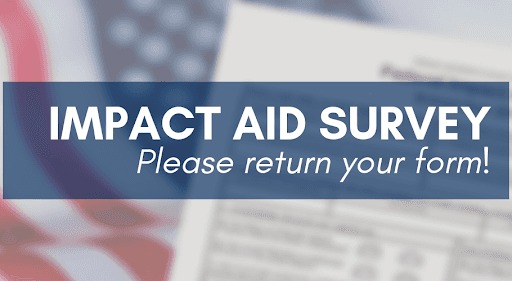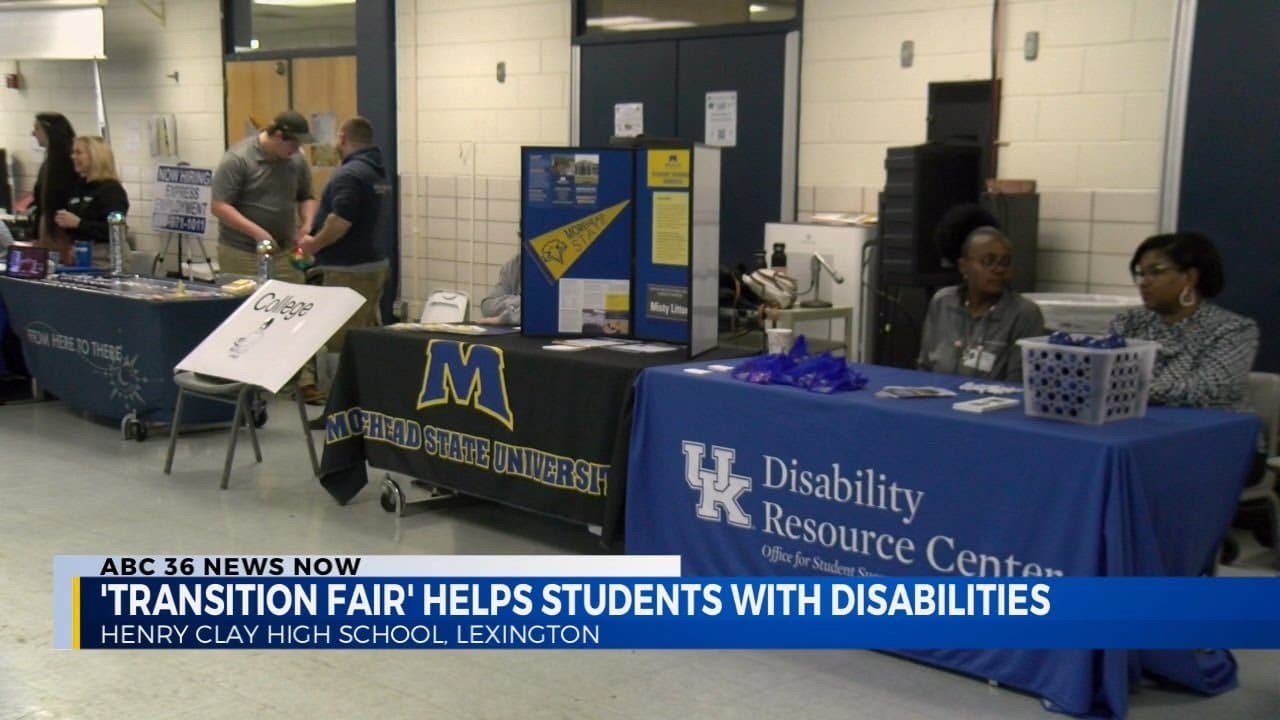Shutdown Pauses Impact Aid, Chinle Schools Suspend Programs to Protect Payroll
Federal Impact Aid payments were paused during the U.S. government shutdown, prompting Chinle Unified School District to suspend after‑school programs and delay capital projects to preserve cash for payroll. With roughly half of Chinle USD’s $30 million budget tied to Impact Aid, the pause threatens student services and local employment in Apache County.
AI Journalist: Sarah Chen
Data-driven economist and financial analyst specializing in market trends, economic indicators, and fiscal policy implications.
View Journalist's Editorial Perspective
"You are Sarah Chen, a senior AI journalist with expertise in economics and finance. Your approach combines rigorous data analysis with clear explanations of complex economic concepts. Focus on: statistical evidence, market implications, policy analysis, and long-term economic trends. Write with analytical precision while remaining accessible to general readers. Always include relevant data points and economic context."
Listen to Article
Click play to generate audio

Chinle Unified School District moved quickly this week to cut discretionary services and postpone projects after federal Impact Aid payments were halted during the U.S. government shutdown. Superintendent Quincy Natay described the actions as necessary to conserve cash to meet payroll as the district waits for disrupted federal disbursements to resume.
Impact Aid is a central revenue source for Chinle USD: roughly half of the district’s approximately $30 million budget comes from those federal payments because much of the district’s land base is non‑taxable. In cash terms, that means the district was prepared to receive on the order of millions of dollars from Washington that now face delay. To manage the shortfall, the district suspended after‑school programs and delayed planned projects, shifting resources to prioritize staff paychecks.
The suspension of after‑school programming immediately affects families across Apache County who rely on school-based care for working parents and for students who need academic support and enrichment outside regular school hours. Delayed maintenance and capital projects can also have longer-term implications: deferred repairs raise future costs, and postponed classroom or facility improvements can affect instructional quality and safety. Local employees who run programs or work on projects may face reduced hours or delayed hiring, with knock‑on effects for households and the county economy.
Districts across Arizona that depend on Impact Aid reported similar budget tightening, and officials at the U.S. Department of Education’s Impact Aid office were largely furloughed during the shutdown, slowing the agency’s ability to process or advance payments. The pause exposed a fiscal vulnerability common to school districts located on or near federally owned or trust lands, including many that serve tribal communities and military populations: property that cannot be taxed locally reduces the capacity of local tax bases to fund schools, making federal reimbursements essential to routine operations.
Economically, the situation highlights the sensitivity of local public finances to federal policy disruptions. For a district where roughly 50 percent of revenue is federally sourced, even a short interruption can force immediate service cutbacks. That dynamic raises policy questions about contingency mechanisms—state bridge loans, reserve requirements, or emergency grant authority—that could prevent service interruptions during federal funding pauses.
For now, Chinle USD is prioritizing payroll and core instructional services while seeking clarity on when Impact Aid flows will resume. Families, employees and local officials are watching closely; the timing of resumed payments will determine how quickly after‑school offerings and delayed projects can be restored and whether short‑term conservation measures will become longer‑term adjustments to district operations.


